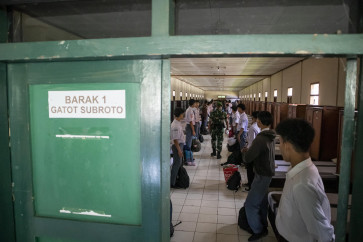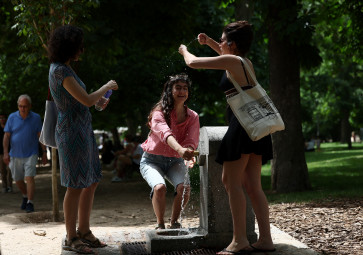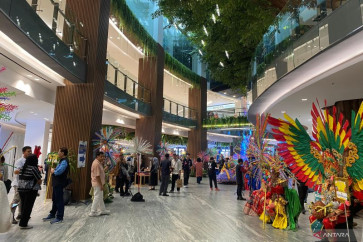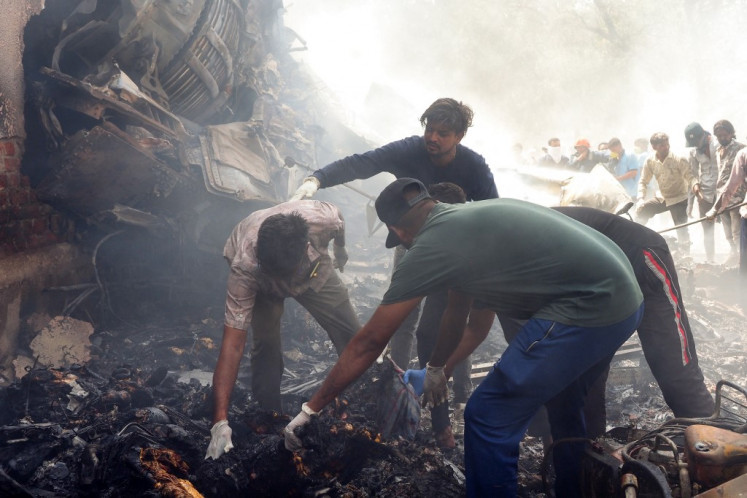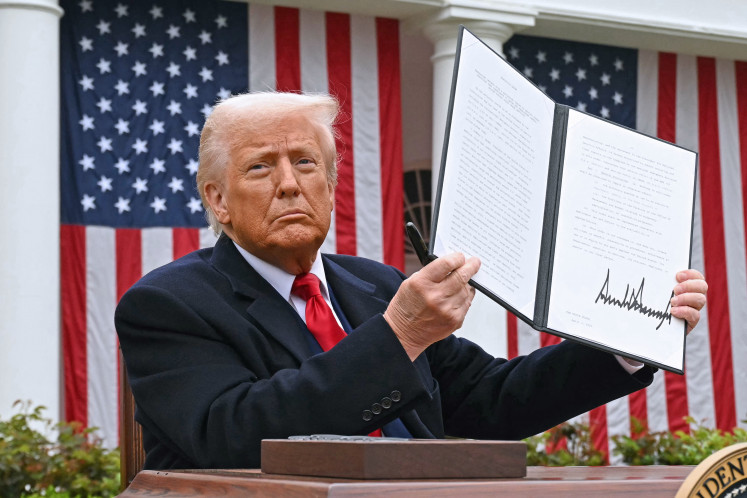Fifty years of strategic thinking
Its championing of ASEAN, a position that the think tank continues to maintain to this day, is a policy proposal that is not only the most realistic for Indonesia, but which is also reflected in the relatively stable conditions in the region.
Change text size
Gift Premium Articles
to Anyone

I
f we were to simply judge the success of the Centre for Strategic and International Studies (CSIS) on its longevity alone, we would be justified in congratulating the think tank on reaching its 50th anniversary on Wednesday, not many organizations, let alone a think tank, could achieve that milestone.
However, that achievement is all the more impressive when we consider that the CSIS has continued to demonstrate excellence in research as indicated by its regular appearance on the top list of best and most influential think tanks in the Asia Pacific region, and indeed around the world.
The institution has been recognized as one of the most influential think tanks globally, according to the 2020 Global Go To Think Tank Index. In a list published in January this year by the United States-based Think Tanks and Civil Societies Program (TTCSP) at the University of Pennsylvania’s Lauder Institute, the CSIS was ranked 12th in the foreign policy and international affairs think tank category.
As a think tank, the CSIS certainly does not abide in an ivory tower, pursuing academic enterprises solely for scientific purposes. The work conducted by the institution is grounded in reality and engages with issues that have tangible results.
Since its inception in the early 1970s, the CSIS has been wrestling with how best to help Indonesia chart its course in a turbulent and changing world. As the world was consumed by the rivalry between the US and the Soviet Union, CSIS experts and analysts produced analyses and policy recommendations that policymakers could use to chart a course in the murky waters of global politics.
Its championing of ASEAN, a position that the think tank continues to maintain to this day, is a policy proposal that is not only the most realistic for Indonesia, but which is also reflected in the relatively stable conditions in the region.
Its proposal to the New Order government to adhere to market principles in the management of the country’s economy contributed to the sustainable economic growth the country enjoyed in the late 1970s and throughout the 1990s.
Yet, the CSIS has never been reluctant to speak truth to the powers that be. The think tank has always been willing to stand up for those principles whenever a government has started to veer off course.
Many certainly criticized the CSIS for its closeness to the Soeharto government and accused the organization of propping up what became an authoritarian regime.
Nonetheless, it was the leaders within the CSIS who launched the criticism of the New Order regime when it became obvious that Soeharto had become too corrupt and was willing to compromise the nation’s ideals just to stay in power.
It joined the country’s then burgeoning opposition movement and worked hand-in-hand to resist Soeharto’s authoritarian tendencies in the mid-1990s.
It is not very often that we can speak about an academic think tank in such heroic terms, but the CSIS certainly fits the bill. That is the result of gathering academic-minded activists to resolve their society’s problems, the sort of group described by Italian philosopher Antonio Gramsci as “organic intellectuals.”
Here’s to another 50 years of strategic thinking.

